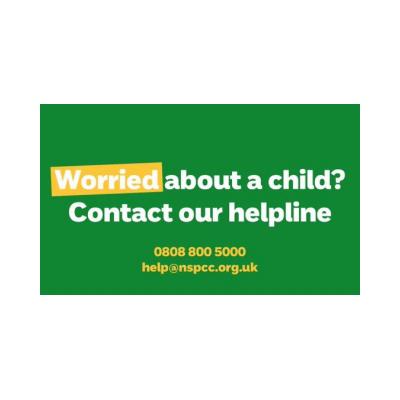Pioneering new programme to protect babies is introduced in Belfast
The Royal Jubilee Maternity Hospital, Belfast is one of the first places in the UK to trial an innovative new programme to educate new parents about the risks of inflicting head injuries on babies.
The ‘I Promise’ programme for the prevention of Non Accidental Head Injury (NAHI) is a pioneering service from the NSPCC which focuses on educating parents about the risks of shaking babies and gives practical coping strategies for the pressures of parenthood.
Working in partnership with Royal Jubilee Maternity Hospital, the ‘I Promise’ programme involves midwives and health professionals simply showing new parents a short film before they are discharged from hospital. The film helps mums and dads understand the dangers of shaking a baby, how to respond to their baby crying, and how to cope with feeling stressed and tired.
The midwives talk to the parents about the film and answer questions. They help parents think about how they might deal with frustrations without taking it out on the baby. They also ask parents to sign a statement confirming they’ve seen the DVD and give them an information leaflet to take home. Parents are then asked to sign a promise to care safely for their baby.
Bronagh Muldoon, service centre manager for NSPCC in Belfast said:
“Evidence shows us that teaching parents how to handle their baby and cope with stress may be the best way to protect infants from non-accidental injury. Abused babies are more likely to die from head injuries than any other cause. It is estimated that 24 in every 100,000 babies suffer from non accidental head injury but the true number is likely to be higher as babies with mild injuries may never be seen by a GP or hospital. In one study, as many as one in nine mothers admitted to shaking their baby.” [1]
This is the first educational programme of its kind aiming to reduce the number of non-accidental head injuries in babies in the UK. It is based on a project in Buffalo, New York State, which found that over a five year period the incidence of NAHI decreased by 47 per cent in the pilot areas where the DVD was shown.[2]
Research suggests that many more people shake, or are tempted to shake, their baby than is currently known through hospital cases. Babies are very vulnerable to being shaken in the first few months of their life and at this age, non accidental head injuries are often fatal and can cause severe brain damage, resulting in lifelong disability. Other effects to babies can include: partial or total blindness, motor impairment (for example cerebral palsy), seizures, hearing loss, developmental delays or speech and learning difficulties.
Sally Hamilton, neonatal discharge co-ordinator at theRoyal Jubilee Maternity Hospital said:
“Becoming a parent is one of the most profoundly important life events most of us experiences. The transition to parenthood can be a source of great joy; but may also be a source of great anxiety. Babies do not arrive with a user manual – they significantly change our lives - and the total dependence of a newborn can be a daunting responsibility.
“Many parents are unaware of the immediate and long term effects of shaking a baby. As midwives working with the NSPCC to provide parents with written information and the opportunity to view the DVD we aim to heighten awareness on shaken babies.’”
Bronagh Muldoon added:
“The birth of a baby is a critical time when parents are especially receptive to offers of advice and support and so by raising awareness to parents before they leave hospital, of the dangers of shaking a baby, the programme ensures a captive audience of parents at their most open to learning new information. It also provides an ideal opportunity to involve fathers as 86 per cent of dads now attend their child’s birth.
“We’re very pleased to be working collaboratively with the Royal Jubilee Maternity Hospital to deliver the message to new parents. We are committed to working in partnership in the best interests of children and this programme offers the chance to help parents get off on the right foot - and crucially to help set the pattern for effective parenting later on.”
For more information about the NSPCC’s work to prevent the abuse of babies and toddlers, please visit www.nspcc.org.uk/allbabiescount and pledge your support for the NSPCC’s All Babies Count campaign.
If you want to know more about the NSPCC’s Preventing Non-Accidental Head Injuries programme, please contact the NSPCC in Belfast on 028 9035 1135.
[1] Shepherd and Sampson (2000) 'Don't shake the baby': towards a prevention strategy. British Journal of Social Work.

